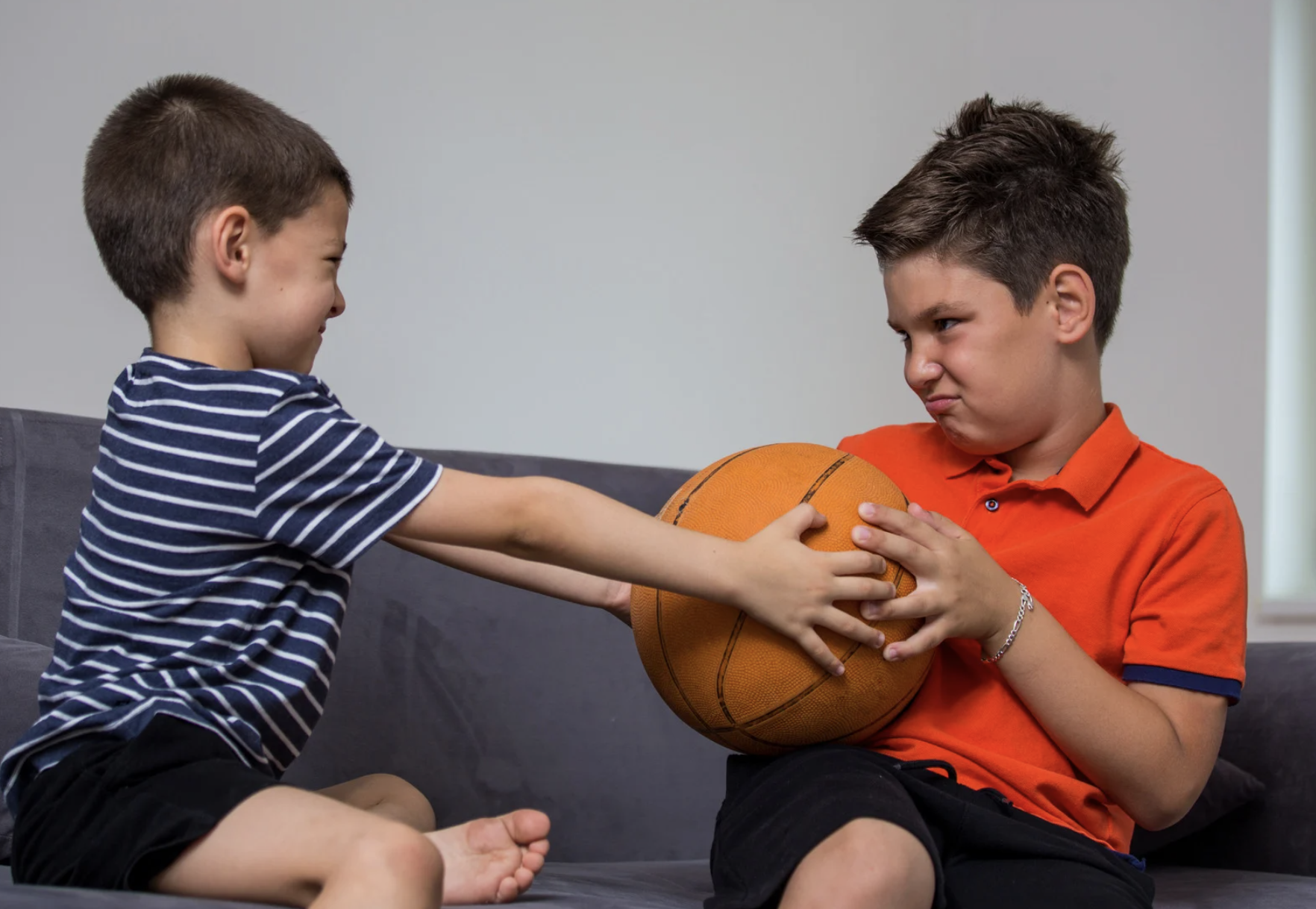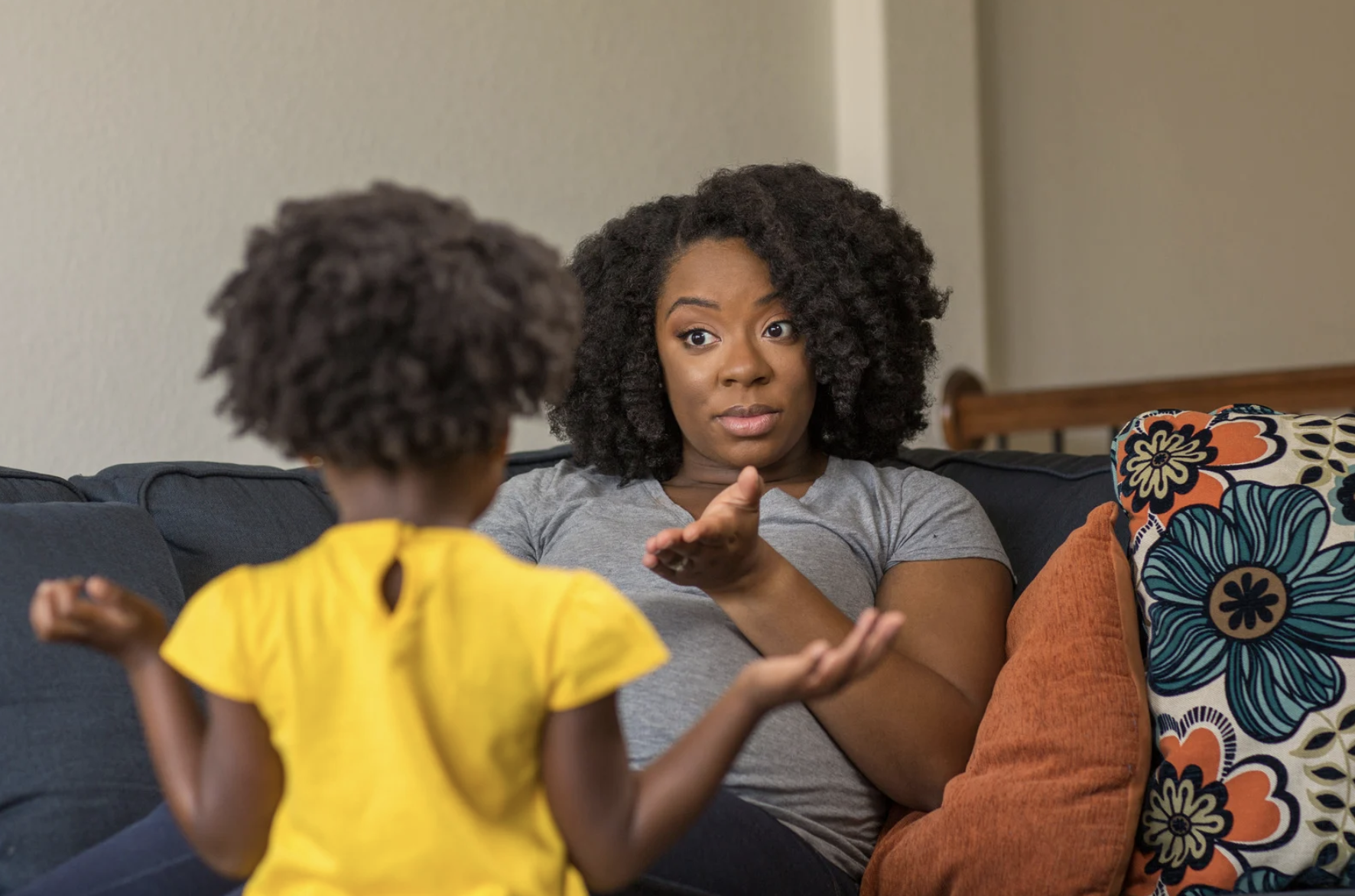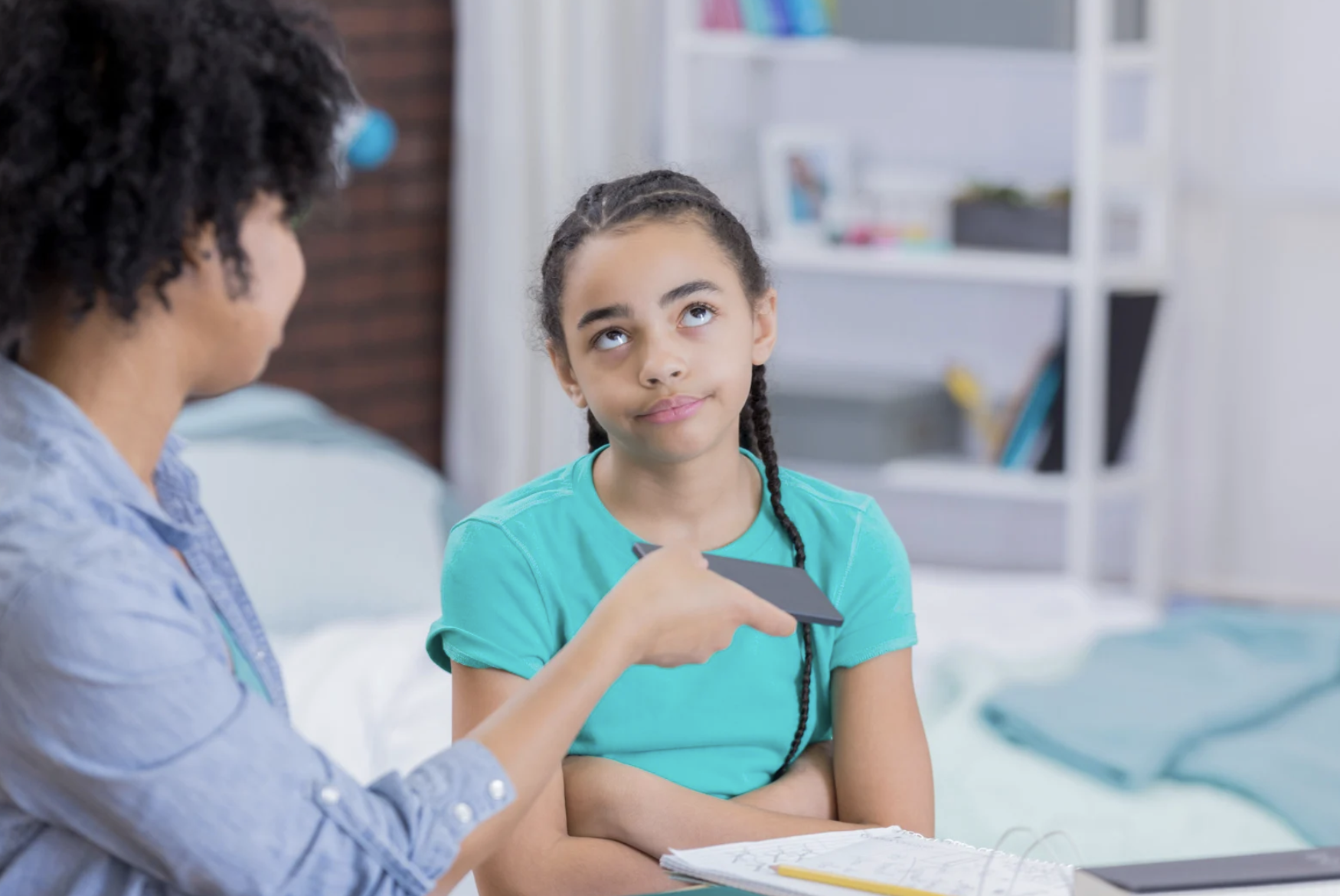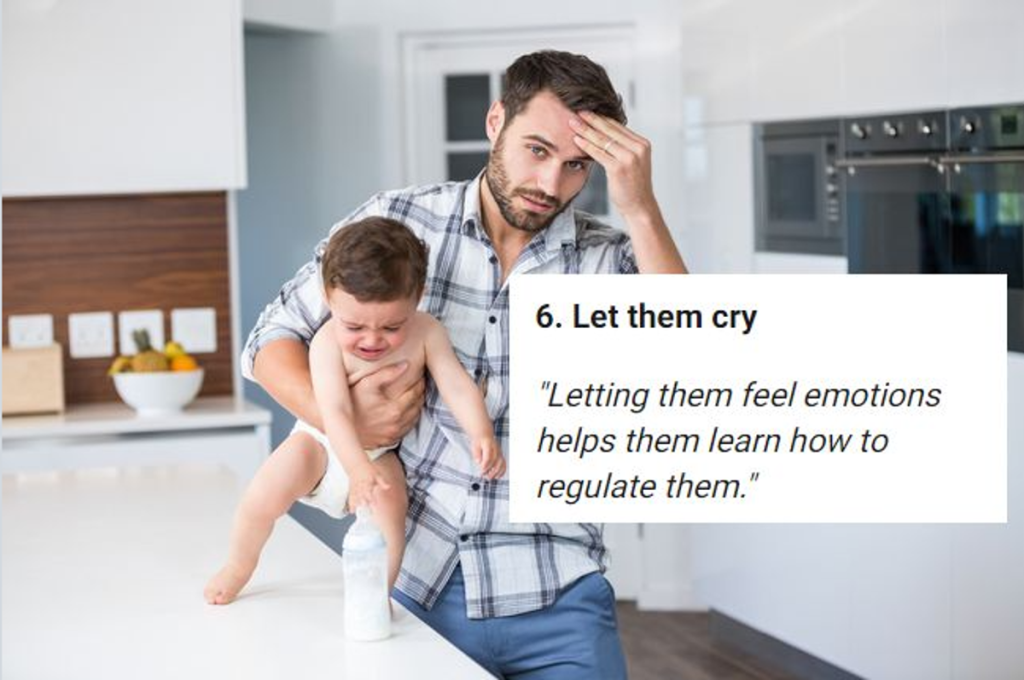There are as many different parenting styles as there are children. But in 2025, there is a conflict between newer, softer parenting styles and older, tough-love approaches. Softer parenting styles that have come into favor in recent years tend to encourage emotional intelligence, gentle discipline, and open communication.
On the other hand, older, tough-love parenting encourages risk-taking, natural consequences and discipline. One of the most controversial parenting styles that has emerged over the last generation or two is helicopter parenting. In this style, parents closely monitor and control most aspects of the child’s life. While it’s done out of an abundance of concern, it can also limit the child’s independence.
A Redditor named NumanLover asked parents to share their parenting strategies that may be considered” bad” by today’s helicopter parents. They received over 1,300 responses. Many resisted the idea that parents should control their children’s lives and shared strategies that encouraged independence and perseverance. The “bad” parenting ideas urged parents to let their children grow in confidence by spending time alone and unsupervised.

They also reminded parents that it’s OK to ignore a tantrum, even if it is in a packed restaurant.
Here are 13 of the best answers to: What is considered bad parenting but it’s actually good parenting?
1. Giving your kids space
“Giving your kids enough space to fail and then try to figure it out on their own. I see a lot of parents solving their children’s problems without giving them a chance to find their own solution.”
“Consequences are the best teachers for some lessons. Barring significant issues, if you don’t do your schoolwork or hand it in late you get lower grades. If you show up late to work too many times you may get reamed out by your boss and fired. If you decide to say something careless and cruel you may lose a friendship and the respect of others. Support them through it so they can learn and improve, yes. Shelter them and try to get them out of it, no.”
2. Let them be alone
“Leaving your kids alone for age-appropriate periods of time. At some point, kids have to learn to entertain themselves or to be responsible for their own meals, depending on how old they are. Which is why the key part of that statement was ‘age-appropriate.’ And I suppose it depends on how safe your neighbourhood is, too.”
“A lot of parents are too helicopter-y today. I also went where I wanted as a kid as long as I came back when I was supposed to. I think it’s social media getting into parents head with anxieties about what could happen.”

3. Give them chores
“Making your kids help with chores from an early age This is just teaching good habits and skills. When I grew up we had a rule in my house. The person who cooks don’t have to do dishes. If you didn’t set the table and didn’t cook. You had to wash dishes. And ironically because of that I became a really good cook because I HATED doing dishes. So I learned how to cook everything.”

4. Allow them to experience conflict
“Allowing kids to experience discomfort and situations of conflict and confrontation so they can develop the necessary skills to process and navigate said conflict, and with your guidance before and correction after – learn to compromise when necessary and resolve conflicts effectively.”
“Similarly: a lot of parents think it’s bad to argue in front of your children. When you argue in front of your kids, you’re teaching them that sometimes people disagree on things. When you resolve the argument, you’re demonstrating conflict resolution.”

5. Encourage risky play
“Letting kids engage in age-appropriate risky play. Trying to protect them from everything is bad parenting. Let them climb, run, jump, dig, throw, etc. They’ll become more specially aware, aware of their body, physically literate, and more active.”

6. Let them cry
“Letting them feel emotions helps them learn how to regulate them.”
“Teaching them self-soothing skills, a little bit at a time, is also essential. but they do need to learn emotional regulation!”
7. Ignore the tantrum
“As long as they aren’t hurting themselves, someone else, or destroying things, the best thing is to let them tire themselves out. Parents cave in way too often, and it teaches the kid, ‘Oh, Mom and Dad will give me this thing I want; I just need to do this long enough,’ leading to more and more tantrums. Operant conditioning done inadvertently is difficult to undo.”
“The trick is to do the opposite of rewarding the kid throwing the tantrum. Growing up, I behaved well because I quickly learned that if I was acting up in a restaurant, we would leave the restaurant immediately, and we did. It only took a few times of doing that to make it clear there was no upside to throwing a fit, only downsides. That tasty treat you wanted, the chicken nuggets and chocolate milkshake? Nope. You threw a fit; everyone’s going home. No nuggs and milkshake for you.”

8. Logical consequences
“Refuse to put on your coat to go to the playground? Then either we don’t go to the playground or we go and you get to be cold enough to be miserable while your warm siblings are running around playing.”
“Dr. Becky just had a really good episode on her podcast about this. We need to let kids experience the arc of their decisions when it’s safe to do so.”

9. Side with the teacher
“Your child is being a little sh*t. Yes, they are 6 years old, and yes, 6 year olds are talkative. But there are 30 other 6-year-olds in the classroom, and if the teacher needs to come to and tell you your child is talkative and being disruptive, do something about it.”

10. Prioritize yourself
“For parents, it’s actually good to NOT make your kids the highest priority ALL THE TIME – to consciously plan and take the effort and time to prioritize your partner and yourself regularly. A happy, healthy relationship between parents is worth so much more than the occasional bouts of inconvenience/missing the parents/whatever opportunity cost these times have to kids.”
“If you’re feeling overwhelmed as a parent, it’s GOOD to leave the kids to their own devices for an appropriate length of time, maybe even in front of the TV or whatever distracts them, while you take time out to recharge.”
11. You aren’t your child’s friend
“So many people think you need to be friends with your kid, but you’re not a friend, you’re a parent. Even if your kid hates you, even if you get screamed at, you NEED to teach them the right lessons in life. Cos, guess what, kids won’t always love what you say. And what they love is sometimes not what they should love. Being a parent isn’t a matter of your child loving you, it’s a matter of making sure they’re ready for life and praying to any and all gods and demons that may or may not exist that they turn out a decent human being.”

12. Keep them offline
“Not letting a small child have an iPad / phone / any access to the internet. This is somehow seen as something really strict / no fun parenting. The parents who don’t allow internet are actually great, the internet isn’t a nice place for a child to explore.”
“I always want to ask ‘why’ or ‘what do you think that’s doing for them?’ I’m pretty sure most of these parents just didn’t want children and they just want to offload that time to the tablet and call it a day. There are definitely times when I feel that way too, but it’s just no way to raise a child every day.”
13. Spanking your child is wrong
“A bunch of people justifying physically abusing children under the guise of ‘discipline’”
“It’s funny because they are objectively wrong. The only thing it does is show you child (by example) that violence is the way to deal with problems.”
This article originally appeared last year.
































